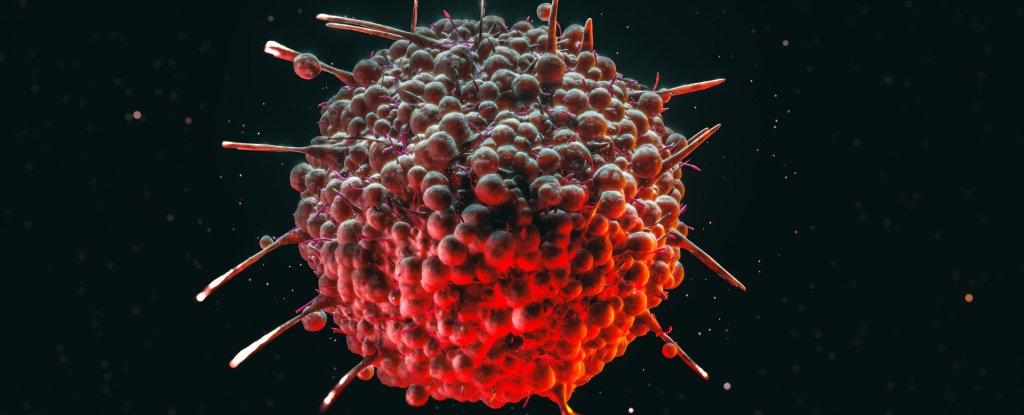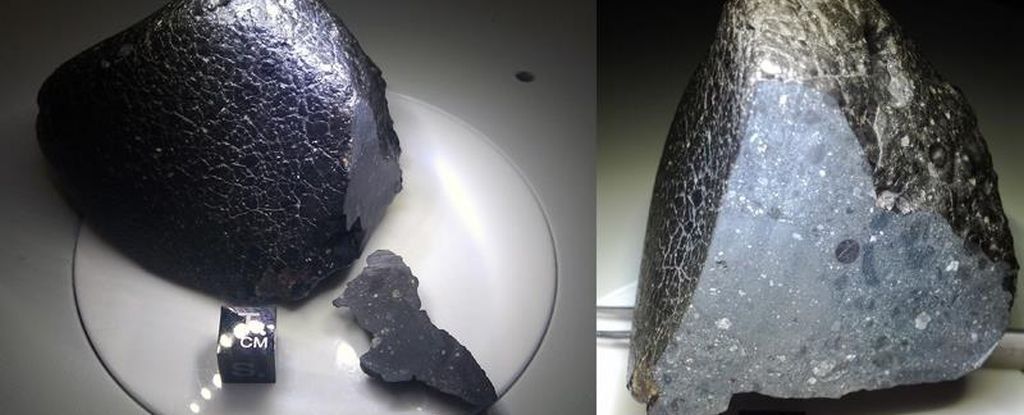ARTICLE AD
A dose of donated poop may be just what some cancer patients need. A small clinical trial has found evidence that fecal microbiota transplants can boost the effectiveness of immunotherapy treatments in patients with advanced gastrointestinal cancers. The findings could pave the way to a combination therapy for some of the most difficult cancer cases.
Scientists from South Korea conducted the research as part of an ongoing effort to improve the use of immune checkpoint inhibitors. The drugs target certain proteins that hinder the immune system’s ability to recognize cancer cells as a serious threat. These inhibitors and other forms of immunotherapy have become a powerful treatment strategy over the years, allowing doctors to treat advanced cancers once thought to be almost incurable. But they have their limitations, chief among them being that only some patients respond to the treatments, while others can develop resistance to the drugs.
Some research has suggested that the gut microbiome, the community of bacteria living along our digestive tract, can influence people’s responses to immunotherapy. That’s led some scientists to test whether fecal microbiota transplants can raise the odds of immunotherapy success by resetting people’s microbiomes. A Phase I trial published last year has already shown promising results using these transplants in melanoma patients. But this latest research appears to be one of the first to test them out on other kinds of metastatic solid tumors.
The scientists recruited 13 patients with various gastrointestinal cancers for their trial, all of whom had developed resistance to anti-PD-1 inhibitors. The patients were given transplants from people who had responded to the immunotherapy, then given another course of the inhibitors. This time, half of the patients (six in total) showed a noticeable response, with five patients’ cancers stabilizing.
“Our findings suggest that [fecal microbiota transplantation] with beneficial microbiota can overcome resistance to anti-PD-1 inhibitors in advanced solid cancers, especially gastrointestinal cancers,” the scientists wrote in their paper, published earlier this month in the journal Cell Host & Microbe.
This is only one small trial, so more research will certainly be needed to know whether these transplants can be a viable addition to immunotherapy. But the study’s findings may already provide valuable insights into how the gut microbiome affects people’s immunotherapy. The scientists were able to identify specific strains of certain bacteria associated with a better or worse response to the inhibitors. That knowledge should help these and other researchers fine-tune these treatments in the future.
“By examining the complex interactions within the microbiome, we hope to identify optimal microbial communities that can be used to enhance cancer treatment outcomes,” said study researcher Hansoo Park, a scientist at the Gwangju Institute of Science and Technology, in a statement from Cell Press, publishers of the journal. “This comprehensive approach will help us understand how the microbial ecosystem as a whole contributes to therapeutic success.”

 3 months ago
26
3 months ago
26 

